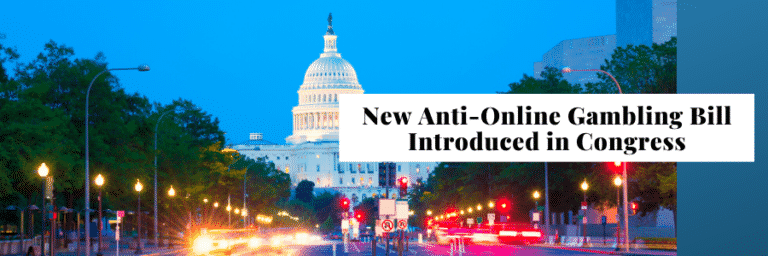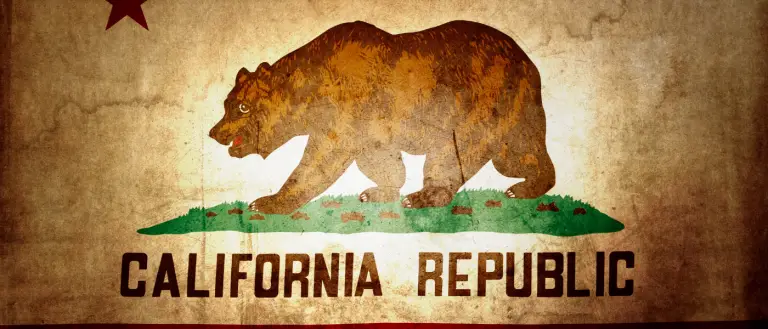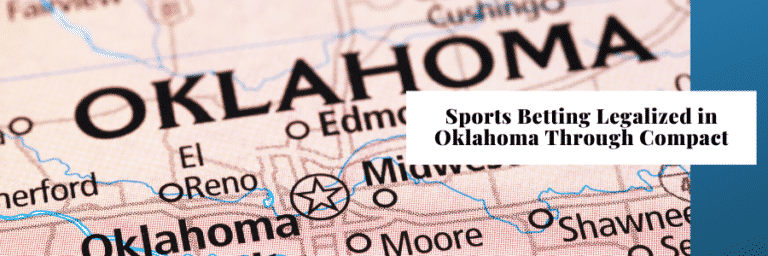New York Mobile Sports Betting Included In Last-Minute Budget Deal

Mobile sports betting was beginning to look like a lost cause in the Empire State, but as is so often the case, an eleventh-hour deal to finalize the New York state budget included mobile sports betting, an issue that has been on the legislative agenda for several years.
With the Senate approving the budget last night, and an Assembly vote expected today, here’s what we know.
New York Online Sports Betting Negotiations Derailed
What was supposed to be an ongoing negotiation between the legislature’s vision of mobile sports betting and Gov. Andrew Cuomo’s policy asks started falling apart with each new scandal accusing the increasingly beleaguered governor of everything from to .
The expected negotiation took a backseat to more significant issues, with some speculation that the shifting political climate would make a mobile sports betting compromise difficult, if not impossible.
But news started trending positively over the holiday weekend, culminating in a on Easter Sunday, despite some late issues about tribal exclusivity arising. – the budget deadline was March 31. The details of that deal started coming to light yesterday.
The deal has been widely criticized for a variety of reasons, but perhaps most importantly, the tribal issues were dealt with in an unsatisfactory way (). As commentators have noted, the legislation may not have resolved the tribal issue.
Cuomo Gets His Way?
Gov. Cuomo is interested in one thing from mobile sports betting, money. The governor is looking for $500 million annually from the activity and proposed a state-run model to achieve that goal. As the governor said in his State of the State Address:
“The question isn’t whether or not we do mobile sports betting. The question is more how and who makes the profit. This is very lucrative.
“I believe the people of the state should get the revenues. This is not a moneymaker for private interests to collect just more tax revenue. We want the actual revenue from the sports betting.”
The legislature has different ideas and has advocated for a more open market structured around its existing gambling operators.
As with all things, there is a middle ground, and that’s what New York ultimately chose. An by middle ground I mean virtually in lock-step with the governor’s vision of New York sports betting.
In the end, a couple companies are going to be happy (the ones who win the bidding process) and everyone else is going to feel left out.
What’s in the New York Mobile Sports Betting Bill?
The New York mobile sports betting bill has a two-tier system with what it calls “mobile sports betting platforms” at the top, followed by “mobile sports betting operators.” The industry will be overseen by the New York Lottery, with the New York Gaming Commission handling the RFP (request for proposals) and licensing process.
The state will initially contract with two platform providers (more can be added later). The platform providers will be determined through a blind bidding process, which the state expects to start at 50% of revenue, with a target of at least 55% (DraftKings Sportsbook in New Hampshire won the bid by offering 51% to the state). The winning proposals will also pay a ten-year licensing fee of $25 million.
The RFP will commence by July 1, and applicants have 30 days to respond. Following the 30-day response period, the state will have 150 days to select the winning proposals.
The platforms are required to partner with other entities to create at least four mobile sports betting skins. The final number will likely be much higher. The relationship between the platforms and the skins (what the bill calls “operators”) is a bit unclear at the moment.
An explanation of what a “platform” and an “operator” is, can be found in this .
To avoid constitutional issues, and perhaps quell the anger of the commercial gaming industry, casinos will be paid $5 million annually to house servers on-premise.
One excellent bit of news from the bill is it requires annual payments (beginning in Year 2) of $5 million to youth sports and $6 million to responsible gambling programs.
Last Ditch Efforts to Expand Gambling are SOP
Gambling expansion seems to have a knack for these types of last-minute pushes after a multi-year effort. It’s also becoming increasingly common for passage to hang in the balance until the very end. And these last-ditch efforts tend to produce laws that would have been anathema at any other point in the process. Basically, when the clock is running out desperation sets in, and lines in the sand tend to get erased or disregarded.
In December 2017, with the legislative clock ticking, the Pennsylvania legislature passed a mammoth expansion of gambling. In 2019, the state of Michigan took a mulligan after the Wolverine State passed a last-minute bill the year before only to have it vetoed by outgoing Gov. Rick Snyder.







